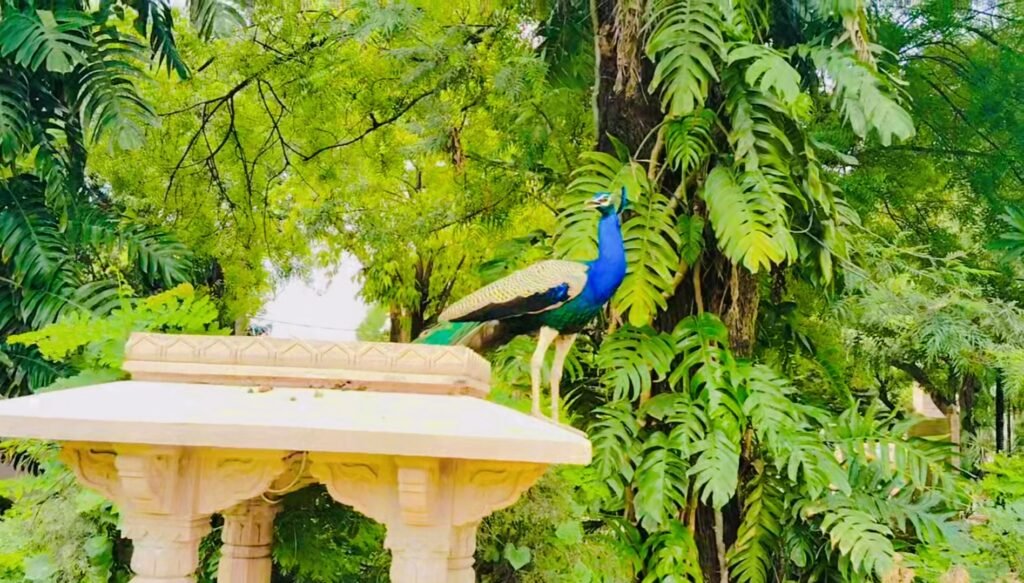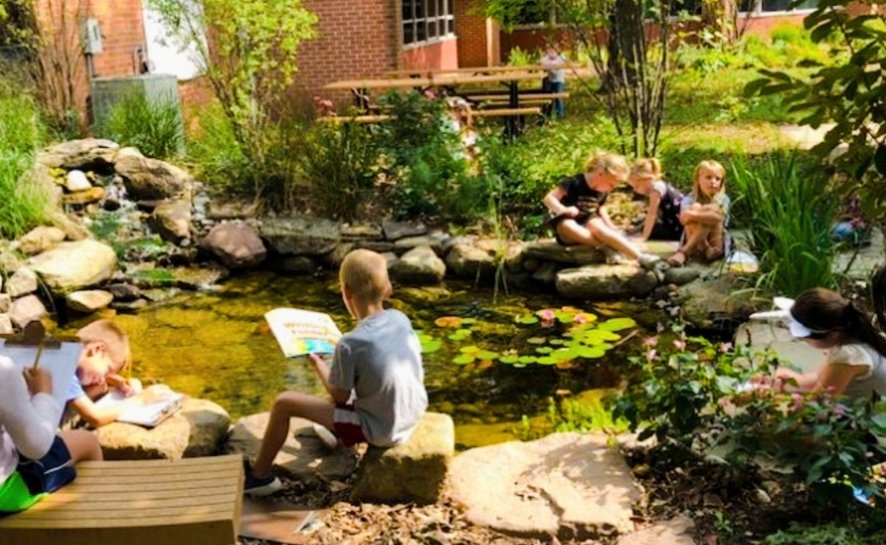
Anisha Choudhary, student of Saksham Sanchar Foundation shared her experience of explaining the perks of Outdoor Education.
Don’t just tell children about the world show them ~ Penny Whitehouse
Imagine being in a classroom where there is no limited ceiling but a limitless sky, where there are no lifeless walls but trees full of life, where there are no soul sucking artificial lights but blissful sunshine. Learning would not be boring any more. The mere imagination seems so exiting right?
In this blog we’re going to explore why outdoor learningis essential for children, its benefits andhow it affects them psychologically and physically.
Why outdoor learning is essential?
In this technological era where children are glued on screens whether they are mobile phones for playing games or smart boards for learning in school, they often get detached from their natural surrounding and struggle with mental and social difficulties. Outdoor learning is vital for keeping students in touch with the nature and also keeping their mind and body healthy.
My Experience
Starting off with my personal experience of a visit to constitutional park in Jaipur which is one of its kind in the entire India. Built amidst mesmerising nature, it is an educational park adorned with beautiful sculptures and murals depicting the making of the constitution of India. I wasfascinated by the serene environment and felt extremely refreshing after the trip and to my surprise I remembered everything I read and learntthere which is a contradiction to the fact that it takes me days to learn a single topic of social science. And even when my friends were asked, every one preferred outdoor learning sessions over traditional classes. One of them said “I never knew political science can be this much interesting”

Educational Benefits:
Enhanced Engagement: Being outdoors can make learning more engaging and enjoyable, helping children stay focused and motivated.
Practical Learning: Outdoor settings provide real-world contexts especially for subjects like science, geography, and art, making lessons more relevant and meaningful.
Improved Academic Performance: Many Studies have shown that outdoor learning can improve academic performance of children.
Development of Critical Thinking: Outdoor learning encourages problem-solving and critical thinking skills as children explore and interact with their environment.
Hands-On Experience: Learning in nature often involves hands-on activities, which can enhance understanding and retention of information.

Psychological Benefits:
Mental wellbeing: According to a Denmark research, children who lived in neighbourhoods with more green space had a reduced risk of many psychiatric disorders later in life, including depression, mood disorders, schizophrenia, eating disorders and substance use disorder.
Stress Reduction:many Researches have shown that spending time in nature triggers a physiological response that lowers stress levels.
Boosted Creativity: The natural environment can inspire creativity and imagination, which are important for cognitive development.
Social Skills Development: Working in groups on outdoor projects can enhance communication, cooperation, and teamwork skills.
Connection with Nature: Regular exposure to nature helps children develop a sense of environmental stewardship and a deeper connection to the world around them.
Physical benefits:
Improved Fitness and Coordination:Outdoor play boosts physical activity, enhancing strength, balance, and motor skills.
Better Health and Well-being:Sunlight exposure increases vitamin D and strengthens the immune system.
Healthy Habits:Regular outdoor activity helps manage weight and fosters lifelong healthy behaviours.
Conclusion:Many schools now are adopting outdoor learning in their curriculum. Parents too should let their child play wonder and learn in nature ensuring that students gain valuable real-world skills and a deeper connection to their environment. As Nicolette Sowder has said “If we want our children to move mountains, we first have to let them get out of their chairs”.

